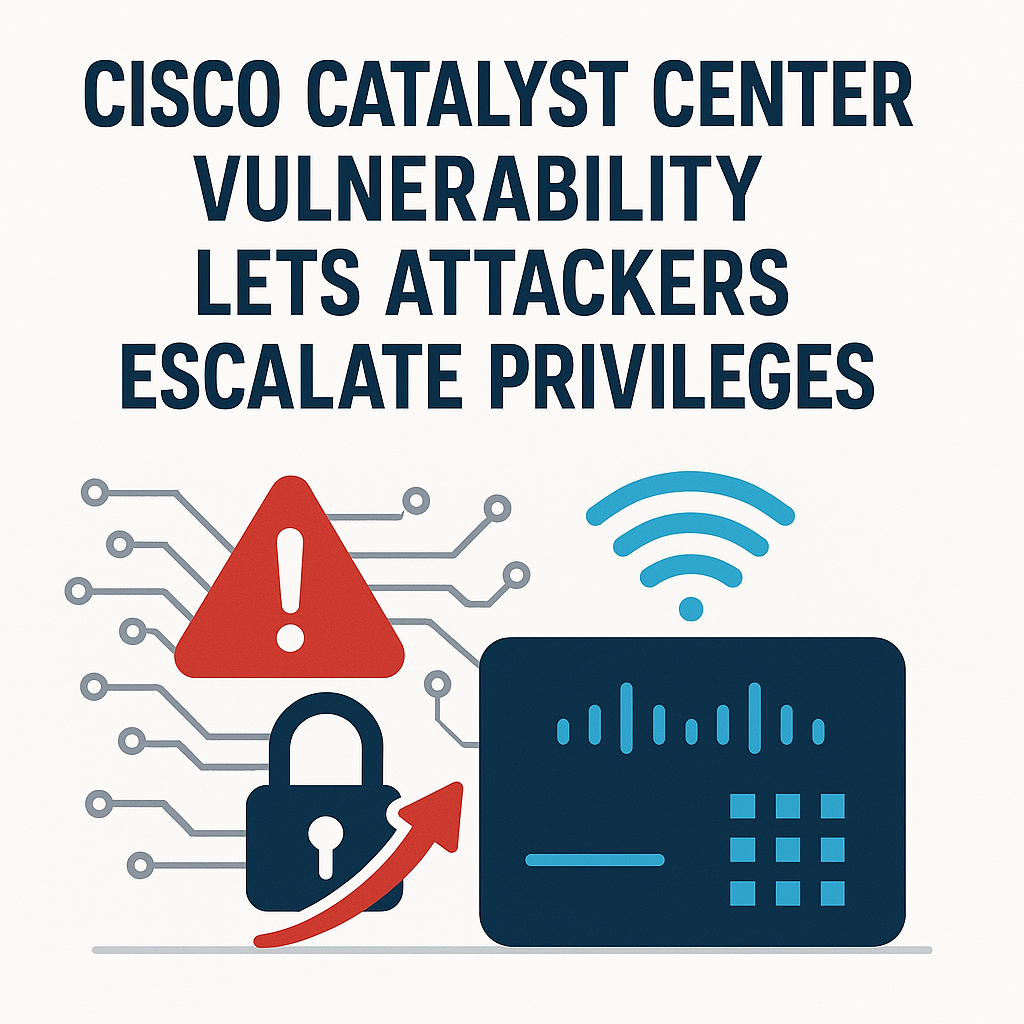
Privilege Escalation: The Silent Gateway to Cyber Breaches
Privilege escalation is a critical cybersecurity threat that allows attackers to gain unauthorized access to higher-level system permissions. This tactic often follows an initial breach, enabling malicious actors to move from limited user rights to full administrative control. Once escalated, attackers can install malware, steal sensitive data, or manipulate system configurations undetected. There are two main types: vertical (gaining higher privileges) and horizontal (accessing peer-level data without authorization). Organizations must adopt strong access controls, regular patching, and continuous monitoring to mitigate this risk. Understanding privilege escalation is essential for building resilient defenses and preventing small breaches from becoming catastrophic incidents.


Cisco Catalyst Center Vulnerability Lets Attackers Escalate Privileges
